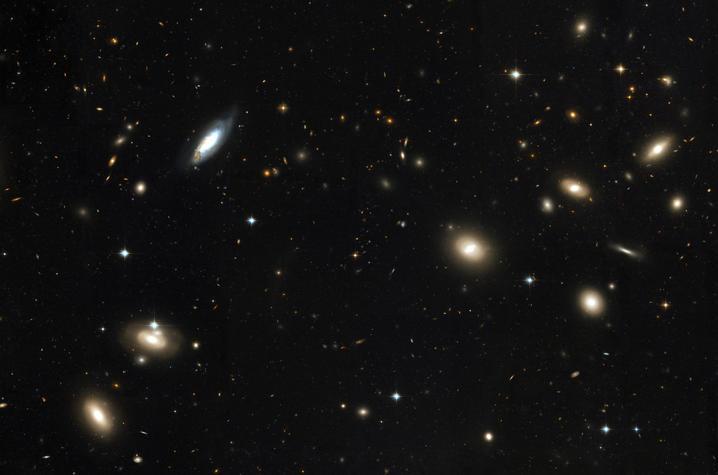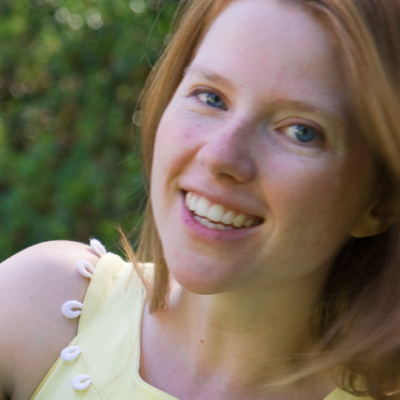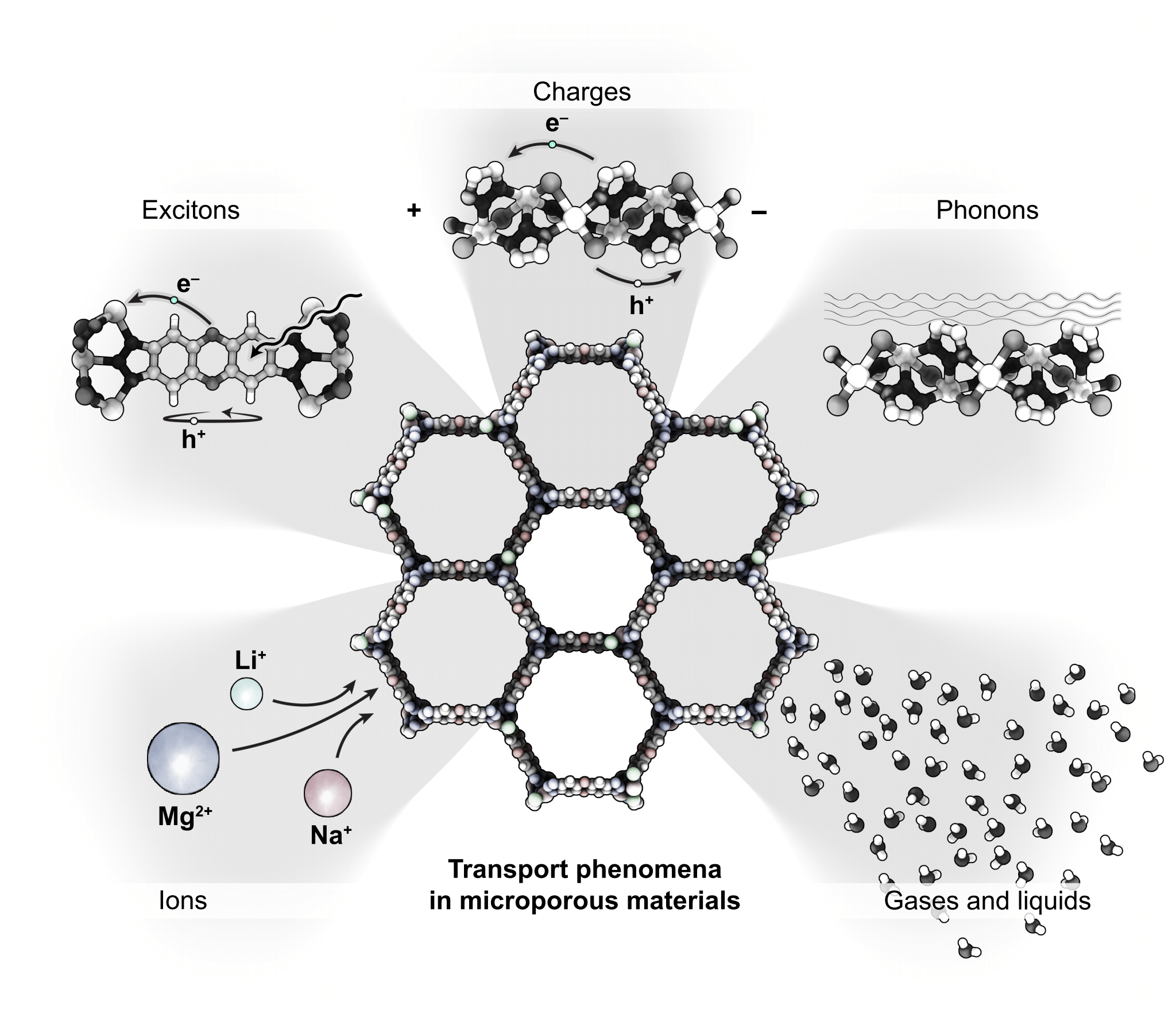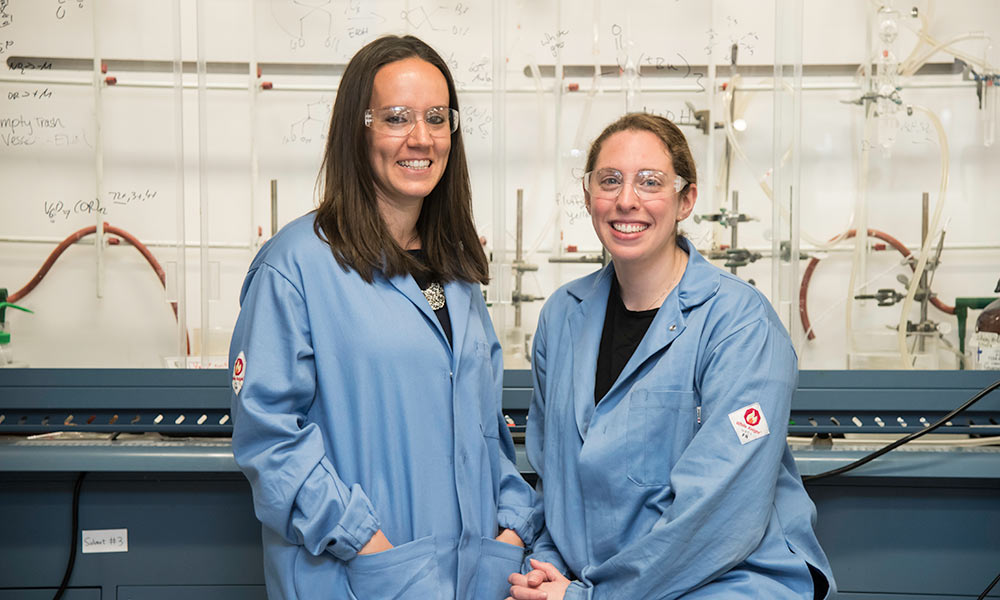This lecture series commemorates the life and legacy of Professor Susan Odom, an energetic, productive, and driven faculty member in the Department of Chemistry from 2011 to 2021. It features speakers noted for outstanding research in Professor Odom’s fields of synthetic and materials chemistry.
Bio: Ellen was born in Washington D.C. and spent most of her life moving around the world with her family. After graduating from Somers High School (Somers, NY), Ellen attended Boston University, where she participated in the BUCOP program, pursuing simultaneous d
egrees in Science Education (B.S.) and Chemistry (B.A.). Following graduation, she journeyed out west to begin her graduate work at Purdue University, where she became a founding member of the research group of Suzanne C. Bart. Her thesis was centered around the synthesis and reactivity of low-valent, organouranium complexes. In 2013, she completed her Ph. D. work and began a postdoctoral position in the Fout Laboratory at UIUC, where she studied the development of bioinorganic systems for functional models of nitrite reduction. Ellen is a runner and has completed multiple marathons and half-marathons.
Matson Lab
"Advances in Polyoxovanadate-alkoxide Cluster Synthesis with Application in Nonaqueous Redox-flow Batteries"
Abstract: Effective integration of renewable energy from intermittent sources (i.e. solar and wind) requires the development of efficient energy storage systems which can function in tandem with the electrical grid. Non-aqueous redox-flow batteries have emerged as promising systems for large-capacity, reversible energy storage capable of meeting the variable demands of the electrical grid. The use of non-aqueous solvents increases the energy density of these systems, however there are few electrolytes with sufficient solubility and electrochemical stability to function in organic media. In this work, we investigate the potential for Lindqvist polyoxovanadate-alkoxide (POV-alkoxide) clusters to serve as both the anolyte and catholyte for symmetric, non-aqueous redox-flow batteries. POV-alkoxide clusters display numerous, highly reversible redox events, and demonstrate significant solubility and electrochemical stability in organic solvents. These bulky compounds also demonstrate the ability to mitigate species crossover and membrane fouling, thereby improving the energy efficiency and lifetime of flow battery cells. The application of POV-alkoxides as electrolytes in organic media demonstrates that the remarkable redox properties of multimetallic clusters can be harnessed for non-aqueous energy storage applications, and represents an important new direction for the generation of high performance redox-flow batteries.
 Results from two separate research studies, led by University of Kentucky postdoctoral scholar Valeria Olivares and graduate student Arnab Sarkar, will be presented during the American Astronomical Society’s (AAS) semiannual meeting, taking place in Pasadena, California, this week.
Results from two separate research studies, led by University of Kentucky postdoctoral scholar Valeria Olivares and graduate student Arnab Sarkar, will be presented during the American Astronomical Society’s (AAS) semiannual meeting, taking place in Pasadena, California, this week.



 This week, the University of Kentucky and surrounding communities will celebrate Juneteenth — the federal holiday that commemorates the emancipation of enslaved Black Americans — with a variety of community events.
This week, the University of Kentucky and surrounding communities will celebrate Juneteenth — the federal holiday that commemorates the emancipation of enslaved Black Americans — with a variety of community events.

